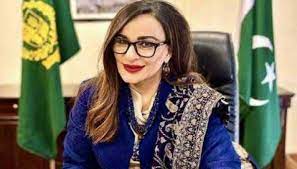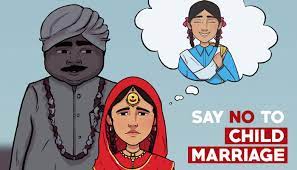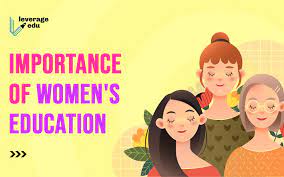President Dr Arif Alvi called for a greater role of women in economic, political, and social spheres to utilise their potential for ensuring further progress and prosperity of Pakistan.
Speaking at a Women Leaders Awards ceremony organised by a television channel here in connection with International Women’s Day, he said women should work outside of their homes and society should provide them appropriate opportunities to excel in their respective fields.
Men should take it upon themselves to address the concerns of women regarding harassment at workplaces, he remarked.
Dr Alvi said Pakistan lagged behind other countries in terms of gender parity and practical steps were needed to bridge the gap between men and women in terms of social and economic inclusion.
He shared the example of Quaid-i-Azam Muhammad Ali Jinnah whose sister Fatima Jinnah stood shoulder to shoulder with him during the movement for the creation of Pakistan.
“We cannot afford to keep women confined to the homes if we want to make economic progress,” he emphasized, adding countries like China made phenomenal progress by making women part of the economic endeavours. The President said Islam gave rights to women including her right to inheritance many centuries back, at a time when there was no concept of these rights in other societies. In the Western world, women were given these basic rights just in the last century, he pointed out.
He cited the example of Hazrat Khadija ((RA), the wife of Prophet Muhammad (PBUH), who was a businesswoman in her own right.
The male-dominated business class should encourage their female family members to become part of economic ventures, he advised.
The President said banks had made available loans for women who should be guided and mentored so that they could avail these loans from financial institutions and start their own businesses.
He said it was unfortunate that the majority of women in our country were deprived of the right of inheritance despite the teachings of Islam, he noted.
Talking about girls’ education, he said more than 20 million children in Pakistan were out of school, whereas, countries like India, Bangladesh, and Sri Lanka had achieved almost 100 percent enrolment at the primary level. In Pakistan, the enrolment of children in primary schools was at 68 percent, he apprised.
The President said the initiatives of social protection such as the Benazir Income Support Programme (BISP) contributed to the social and economic empowerment of women.
The programme was a success because women were made direct beneficiaries as money was put in their hands and they were given the responsibility to take decisions for the financial betterment of their families, he added. The process of digitisation was helping women to work from the security of their homes.
He said Pakistan took a significant step when it gave representation to women in Parliament, adding more such proactive steps were needed to increase the participation of women.
Talking about the issue of increasing population, he said there were nine million unwanted pregnancies in the country every year and the issue could be tackled by making women aware of the availability of long-term contraceptives.
He said the awards were recognition of women who contributed to the betterment of society in diverse social and economic spheres.
Begum Samina Alvi, wife of President Dr Alvi also spoke on the occasion and highlighted different initiatives taken for the empowerment and welfare of vulnerable sections of society, especially women and children. President Hum Network Sultana Siddiqui in her remarks told about the annual event of awarding women leaders for their contributions and achievements.
Earlier, President Alvi and prominent personalities from different walks of life gave away awards to women leaders including Parveen Saeed, Khawar Mumtaz, Karen Armstrong, Sabina Khatri, Laraib Atta, Amna Nawaz, Dr Zeba Sattar, Ronak Iqbal Lakhani, Naseem Salahuddin and Naeem Ahmed Mirza for their lifelong work that brought vital and positive changes in society.
Source: Business recorder





